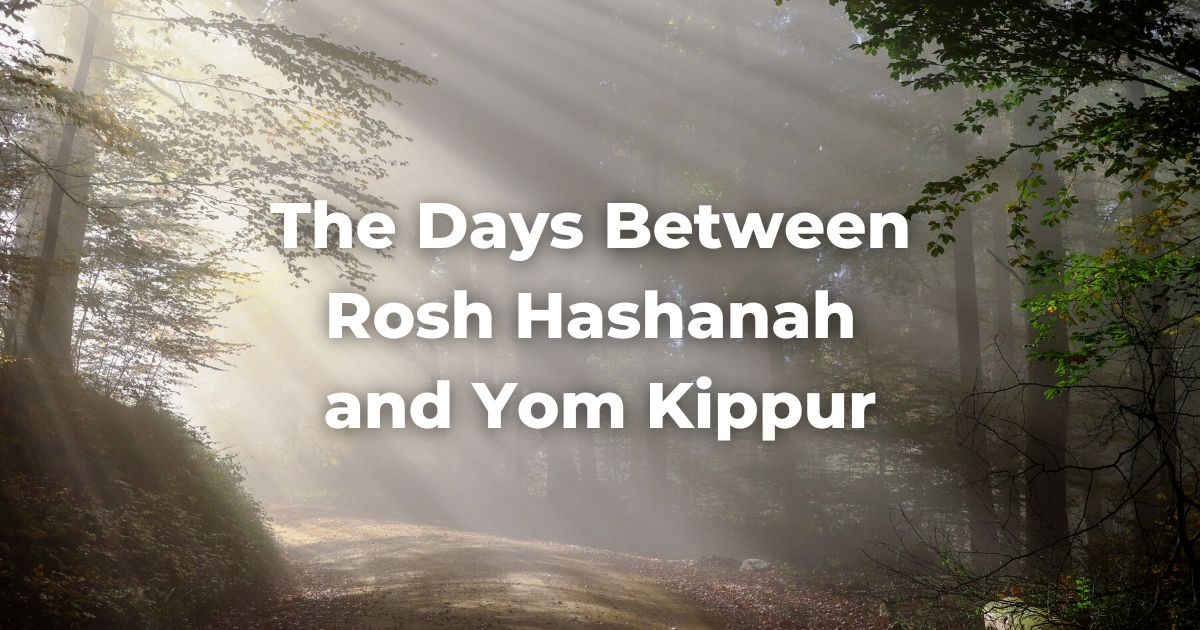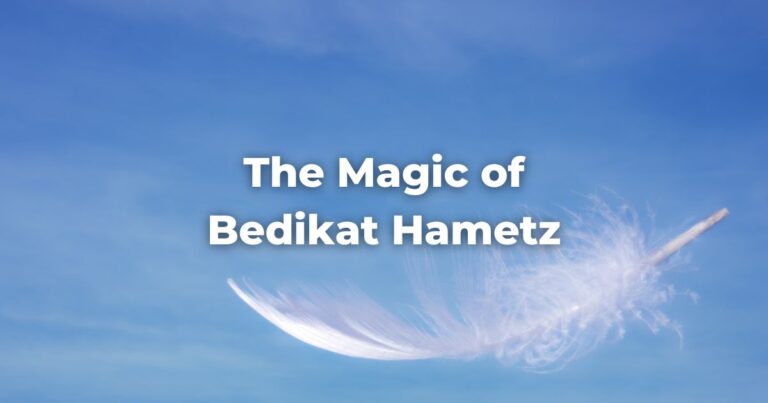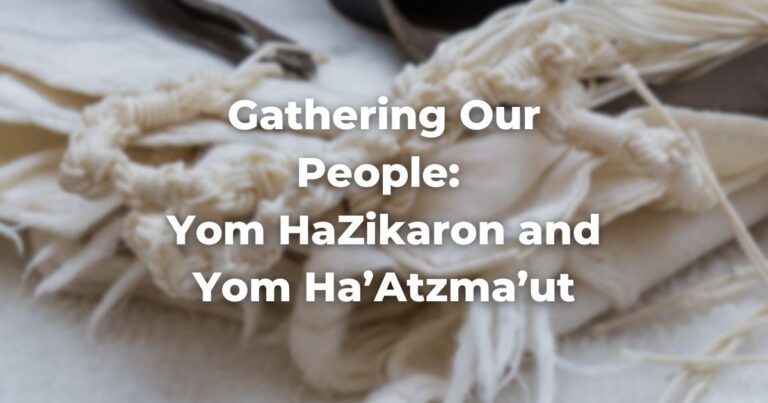The Ten Days of Repentance
The days between Rosh Hashanah and Yom Kippur are known as the Aseret Y’mei T’shuvah (also spelled Aseret Yamei Teshuvah), the Ten Days of Repentance.
Although there are no specific rituals that pertain to these days of introspection and quiet self-analysis, the special High Holiday interpolations in the daily Amidah are maintained.
The Shabbat between Rosh Hashanah and Yom Kippur is known as Shabbat Shuvah, and it takes its name from the special haftarah from the Book of Hosea that begins “Return (shuvah), O Israel, to God” (Hosea 14:2), which focuses wholly on the intertwined holiday themes of regret, repentance, and return.
The Fast of Gedaliah
The day after Rosh Hashanah is the Fast of Gedaliah (also known as Tzom Gedaliah), a minor fast day. (If that day falls on Shabbat, the fast is postponed to Sunday.)
Gedaliah ben Aḥikam was a Jewish governor appointed by the Babylonians in the days following the destruction of Jerusalem in the sixth century B.C.E. who was subsequently assassinated by his own people and whose death held dramatic implications for the Jews living under Babylonian rule. (His story is told in some detail in the Bible in Jeremiah 40-41.)
By fasting on this day, Jews everywhere renew their dedication to the peaceful solution of conflict and their commitment to reject violence as a way of dealing with political opponents.
Adapted with permission from The Observant Life.
Authors
-

The Observant Life: The Wisdom of Conservative Judaism for Contemporary Jews distills a century of thoughtful inquiry into the most profound of all Jewish questions: how to suffuse life with timeless values, how to remain loyal to the covenant that binds the Jewish people and the God of Israel, and how to embrace the law while retaining an abiding sense of fidelity to one’s own moral path in life. Written in a multiplicity of voices inspired by a common vision, the authors of The Observant Life explain what it means in the ultimate sense to live a Jewish life, and to live it honestly, morally, and purposefully. The work is a comprehensive guide to life in the 21st Century. Chapters on Jewish rituals including prayer, holiday, life cycle events and Jewish ethics such as citizenship, slander, taxes, wills, the courts, the work place and so much more.
View all posts -







